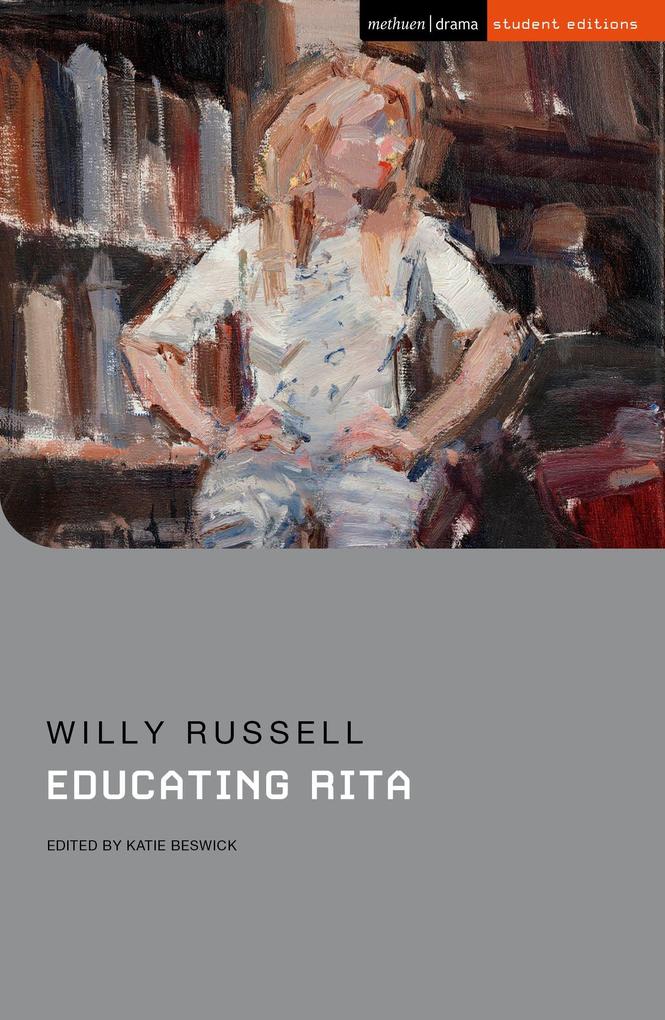'One way of describing Educating Rita would be to say that it was about the meaning of education . . . Another would be to say that it was about the meaning of life. A third, that it is a cross between Pygmailion and Lucky Jim. A fourth, that it is simply a marvellous play, painfully funny and passionately serious; a hilarious social documentary; a fairy-tale with a quizzical, half-happy ending.' Sunday Times
This new student edition includes an introduction covering the play's context; chronology; dramatic devices; critical reception; production history; and key themes such as class and identity, popular culture and education.
Educating Rita portrays a working-class Liverpool woman's hunger for education. It premiered at the RSC Warehouse, London, in 1980 and won the SWET award for Best Comedy of the Year. It was subsequently made into a highly successful film with Michael Caine and Julie Walters and won the 1983 BAFTA award for Best Film.
Commentary and notes by Katie Beswick, University of the Arts London.
Inhaltsverzeichnis
Chronology
Context:
Liverpool in 1980s
Willy Russell and the Everyman
Themes:
Being trapped and breaking free
Class and identity
Popular culture v high art
Education and knowledge
Dramatic Devices:
Language and voice
Structure
Setting
Production History:
Casting Rita
Film
Critical Reception
Academic Debate
Comparative Literature
Further Study
EDUCATING RITA
Notes
References




































